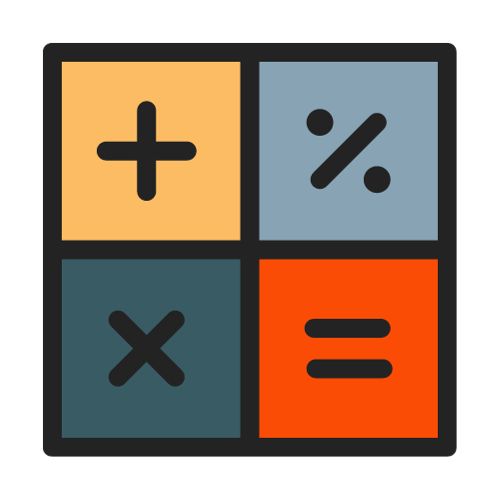Maths

Our Maths curriculum is designed to inspire pupils and build resilience. From key stage 3 to 5, we aim to develop confident pupils who are able to problem solve and have fluency and knowledge for the next stage of their life.
Our mathematics curriculum is the product of careful selection, sequencing and linking of declarative, procedural and conditional knowledge. Pupils need to systematically acquire core mathematical facts, concepts, methods and strategies to be able to experience success when problem-solving and in order to become proficient mathematicians.
Our curriculum ensures that everyone works with accuracy and confidence to develop a love of learning. The skills we aim to develop across the key stages are:
-
Retrieval of key knowledge
-
Identify and critically analyse misconceptions
-
Develop their cognitive load
-
Build on prior learning
-
Achieve the very best
In all key stages (3-5) we cover the following areas of knowledge, building on skills and complexity over time:
-
Number
-
Algebra
-
Ratio and proportion
-
Geometry
-
Statistics
-
Probability
At key stage 3, we begin year 7 with a focus on number topics to ensure the fundamentals of Mathematics are secure. Concepts and skills such as place value, factors and percentage are taught at this stage. Pupils are taught the core concepts, formulae, and rules to draw on in topics such as algebra, geometry, statistics, and calculus. Many of these topics will be a development of what has been covered at key stage 2. Foundational knowledge, particularly proficiency in number, gives pupils the ability to progress through the curriculum at increasing rates later. Once these core skills are secure pupils will begin to explore algebra and how it can be used to solve problems. Pupils are then introduced to Algebra and are taught the facts and procedures for working algebraically. Pupils are taught efficient, systematic, and accurate mathematical methods that they can use for more complex calculations and in their next stage of learning. Geometry will then be introduced covering concepts such as 3D shapes and Transformations. Finally, pupils will start to build statistical skills and problem-solving skills in a topic focussed on data.
The structure of the Year 8 curriculum follows the same topics building on the knowledge and skills embedded in the first year. Topics in Year 8 cover primes and fractions. They will start to look at probability of single events. In the ratio topic they will look at Bar Modelling and proportion using the example of a recipe. Their algebra knowledge will be extended through introducing them to simultaneous equations and exploring factorising. Skills and knowledge of shapes will be extended looking at circles and Pythagoras. Finally, their statistical knowledge will be enhanced through concepts such as pie charts and pictograms.
In Year 9, pupils again build on their foundational knowledge of numbers by exploring topics such as indices and standard form are introduced. Venn diagrams will be introduced in the probability topic. Ration and proportion will include topics such as best value, scale, and missing values. Pupils will apply algebraic formula to real life situations such as speed, distance, and time calculations. In geometry they will build on their current knowledge of shape and learn skills such as constructions and transformations. Pupils will apply their knowledge and skills in statistics to real life problems and complete statistical analysis.
In key stage 4, all pupils will further develop the skills already acquired during key stage 3. Pupils will solidify their foundation knowledge in topics such as number, ratio and probability. They will develop their problem-solving skills even further by applying various concepts to real life scenarios. They will be introduced to new concepts such as quadratic equations and surds. Pupils will have the opportunity to challenge their algebraic thinking with topics such as quadratic simultaneous equations and the equation of circles.
In key stage 5, pupils have the opportunity to study A Level Mathematics or Core Mathematics. Core mathematics focuses on data analysis and application of maths to financial and statistical scenarios. Whereas A Level Mathematics further investigates the pupils algebraic manipulation in order to solve complex problems.


